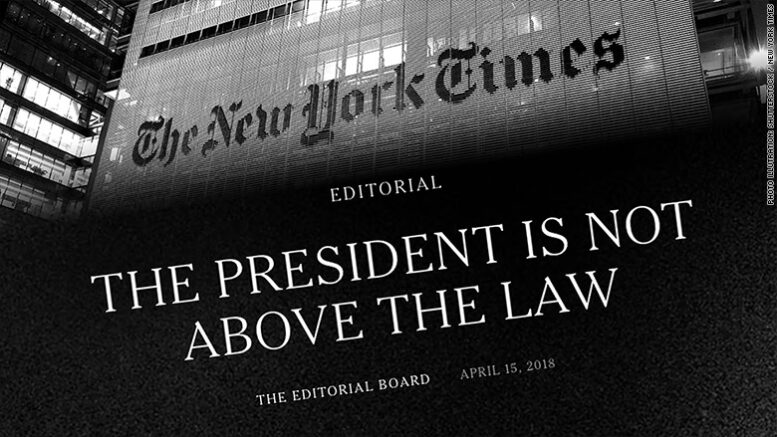In the fabric of our society, democracy stands as a testament to the enduring principles of justice, equality, and the rule of law. As members of the faith community, we hold a profound responsibility to uphold these principles, ensuring that no individual is placed above the law. Our commitment to justice must remain unwavering, even in the face of judicial decisions that test our faith and patience.
Throughout history, the African American community has faced significant challenges within the judicial system. Notable cases like the exoneration of the men who murdered Emmett Till in 1955 and the acquittal of the police officers who brutally beat Rodney King in 1991 have left indelible marks on our collective conscience. These verdicts, though deeply painful and seemingly unjust, were met with a remarkable adherence to the rule of law by the community.
In the aftermath of these decisions, the African American community, grounded in faith and resilience, respected the judicial process. This respect was not an endorsement of the outcomes but a profound commitment to the principles of democracy. It was an acknowledgment that the rule of law must prevail if democracy is to be preserved.
As we navigate the complexities of our modern era, the faith community’s role in safeguarding democracy remains as critical as ever. Our faith teaches us that justice is a divine mandate, and thus, we are compelled to advocate for a judicial system that is fair, transparent, and accountable. We must persist in our efforts to reform institutions that fall short of these ideals, while also respecting the legal processes that underpin our democratic society.
Nobody is above the law. This tenet must be upheld with conviction. Whether it is a common citizen or a person of significant power, the law must apply equally to all. Our faith traditions remind us that justice is blind to status and privilege, demanding accountability and integrity from everyone.
As a faith community, we must lead by example. We are called to be the moral compass of society, demonstrating through our actions that adherence to the rule of law is non-negotiable. This commitment involves educating our congregations about their rights and responsibilities, advocating for systemic changes where necessary, and fostering a culture of respect for legal institutions.
Moreover, we must engage in constructive dialogue and peaceful activism to address injustices. When the legal system fails, it is our duty to seek reform through democratic means—voting, petitioning, and peaceful protest. These actions are powerful tools in the hands of a faith-driven community, capable of driving substantial and lasting change.
Our history is a testament to the strength and resilience of a community rooted in faith and justice. Despite the profound injustices faced, the African American community has consistently upheld the principles of democracy. This legacy is a beacon of hope and a guide for future generations.
In conclusion, preserving democracy requires an unwavering commitment to the rule of law. As a faith community, we must champion justice, advocate for fair treatment under the law, and hold ourselves and others accountable to these standards. By doing so, we honor the sacrifices of those who came before us and pave the way for a more just and equitable society for all. Let us remain steadfast in our faith and resolute in our commitment to the principles that sustain our democracy.
4o

Be the first to comment on "Editorial: Preserving Democracy Through Faith and the Rule of Law: Nobody is Above the Law"